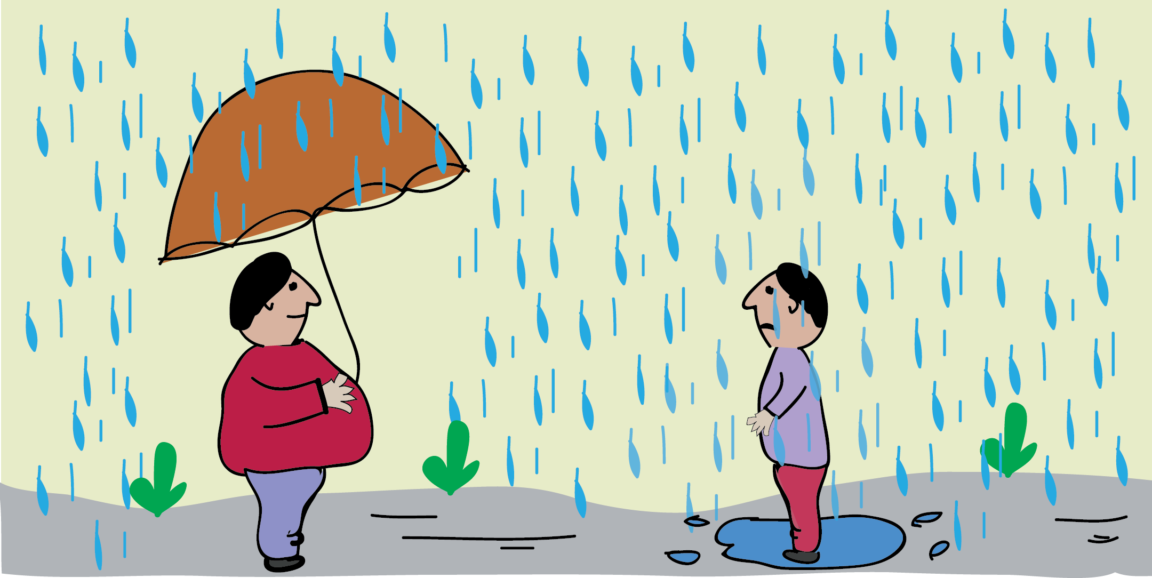We all know that obesity boosts the likelihood of health problems -- it increases the chances of developing heart disease, inflammation and joint problems, among others -- but in the sea of scientific literature on obesity, there's a controversial term that bobs to the surface now and then, and recently, it's emerging more frequently.
It's called the "obesity paradox," and it's an umbrella term used in situations in which favorable health outcomes are associated with being obese, rather than being a normal, healthy weight.
In one study, for example, patients with a known heart disease, in which plaque builds up in the arteries, underwent a procedure to remove the harmful plaque. Some were obese, and some were not. The study reported that patients with a normal body mass index unexpectedly had a higher risk for in-hospital complications and cardiac death. The results were deemed part of the obesity paradox.
John Ioannidis, MD, DSc, who is known for his critiques of biomedical research, recently published a perspective article with Katherine Flegal, a leading expert on obesity research. Ioannidis talked with me about the shortcomings of the term "obesity paradox," and how using it to describe this overarching health conundrum is problematic.
"These paradox associations occur in settings where there are multiple other factors at play, so dismissing interesting observations as a single type of paradox doesn't make a lot of sense," Ioannidis said. "It's unlikely that the reason why we see this occurring is the same in every instance -- most likely it's something different, bias, a confounding factor, it could be some difference between obese and not-obese people that we have not captured yet or, occasionally, it even reflects some true differences in favor of obese people."
There's no denying the concept behind the "obesity paradox" is indeed real -- researchers have documented numerous cases of outcomes unexpectedly favoring those who are obese. But Ioannidis argues that simply terming all of these different cases as the "obesity paradox" actually does a disservice to scientific advancement. Sweeping perplexing findings under the rug and calling it a paradox is sort of like closing the door on a new avenue of research.
"What matters is that we go after what we don't know, rather than just dismiss it into the waste bin of 'obesity paradox,'" said Ioannidis.
Obesity in and of itself is very complex, and Ioannidis says that there are likely many different "types" of obesity. These so-called paradoxes observed in the clinic could help scientists and doctors parse the finer details of obesity between individuals.
Furthermore, he says, this term is even misleading outside of research and clinical care.
"I want to be clear, what we say here does not mean that obesity can actually be a good thing. No one should aim to become obese," Ioannidis emphasizes. "I think we're still far from understanding exactly what obesity means and how it affects health outcomes under different circumstances. So instead of hiding surprising results under a blanket term, we need to understand why we observe what we observe."
Illustration by Vinita Bharat/Fuzzy Synapse




